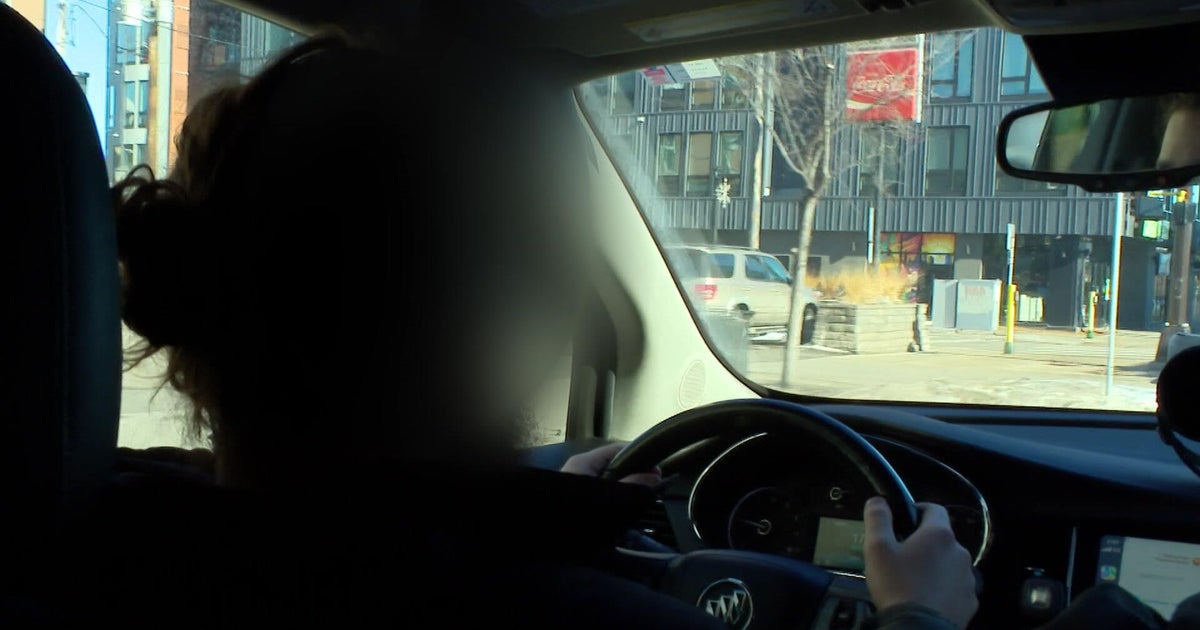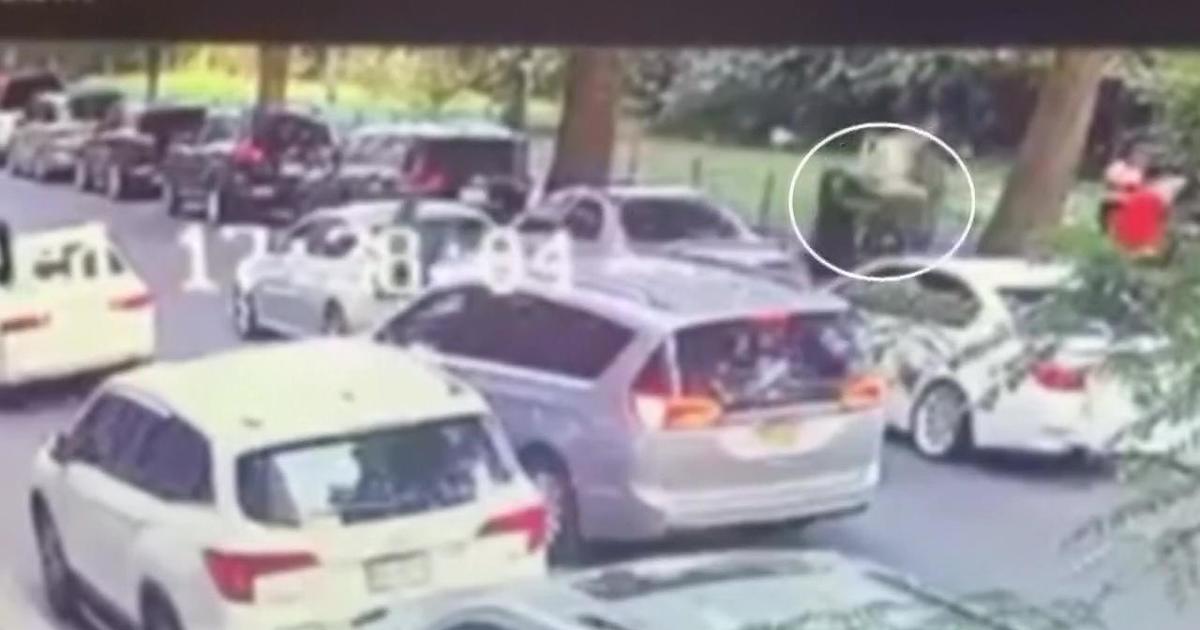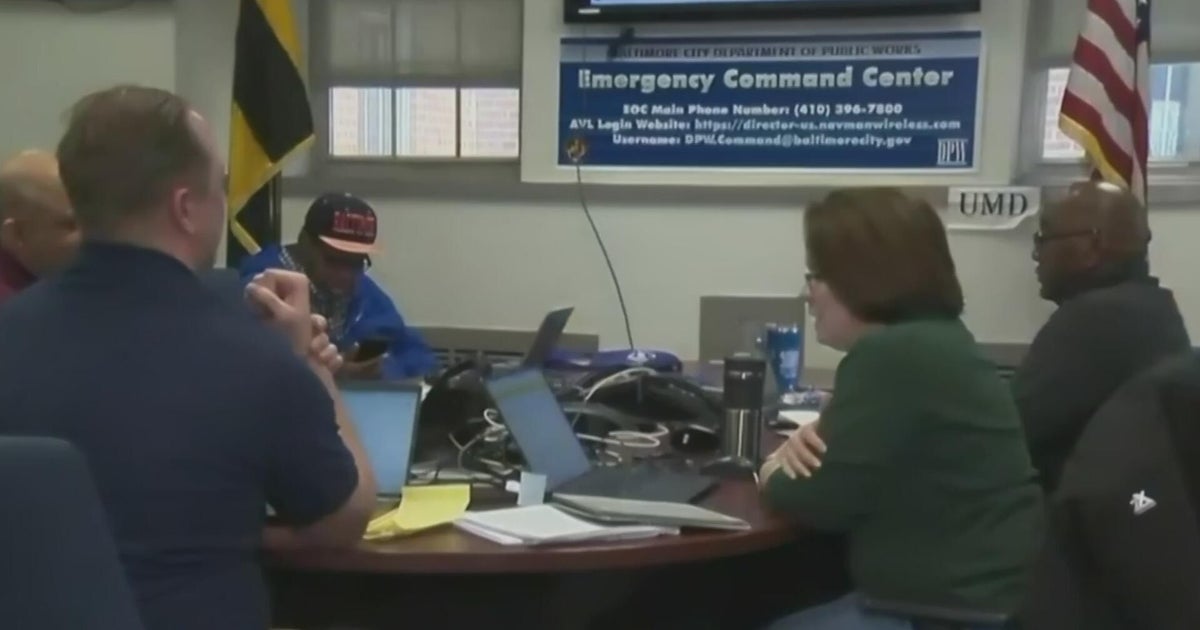Good Question: Why Do We Need A Leap Second?
MINNEAPOLIS (WCCO) -- Tuesday is going to feel to just a tiny bit longer. Just before midnight Coordinated Universal Time – or 7:00 p.m. Central time – exactly one second will be added to our clocks. It's happened 35 times since 1972 and is appropriately called a leap second.
So, why do we add time? Good Question.
"The Earth's rotation is slower than it used to be because the Earth is slowing down, so every few years we have to add an extra second to keep the sun and time that we keep with our clocks lined up," said Terry Jones, an astrophysicist with the University of Minnesota.
None of this mattered before watches, but now our clocks are set to atomic time.
"Those are extremely accurate, far more accurate than the rotation of the Earth and that's why we're out of sync," Jones said.
If these two standards were allowed to drift apart, NASA says they would differ by 25 minutes in 500 years.
The Earth's rotation is slowing because of tidal forces between the Earth and the moon.
"It's tidal friction with the moon," Jones said. "As the moon orbits the Earth, it pulls tides up and down on the Early and causes friction that causes the Earth to slow down so we're slightly slower spinning than we used to be."
In theory, one rotation of the Earth should take 86,400 seconds to rotate each day, but, in reality, it averages closer to 86,400.002 seconds.
So, just before midnight Coordinated Universal Time – or 7pm Central time – the clock will go from 11:59:59 to 11:59:60.
The idea of the leap second isn't popular with everyone. The extra second has been known to negatively impact computer system and websites. This year, some after-hours trading on the U.S. stock market will end early.
In November 2015, the International Telecommunications Union, which sets international time standards, will meet to determine the future of the leap second.







